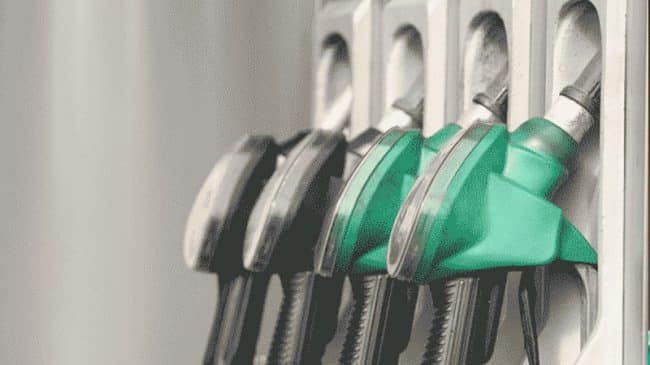This policy brief focuses on the challenge of developing a viable, user-friendly, per-mile charging system to replace fuel taxes for the nation’s major highways. In doing so, it outlines 10 reasons why per-mile tolling is a better highway user fee than fuel taxes.
- Reason 1: Per-mile tolling is a direct, rather than indirect, user fee. Motorists would pay for the amount of service they received; they would pay providers directly for providing that service; and they would know exactly how much they were paying and what they were getting for it.
- Reason 2: Per-mile tolling is a sustainable long-term funding source for long-term infrastructure, which does not depend on the energy source used to propel the vehicles. Its transparency should help rebuild trust in the highway funding system.
- Reason 3: Per-mile tolls can be tailored to the cost of each road and bridge, rather than being averaged across all types of roads, from neighborhood streets to massive Interstates; this ensures adequate funding for major highway projects like Interstate reconstruction and modernization.
- Reason 4: Per-mile tolling reflects greater fairness, since those who drive mostly on Interstates will pay higher rates than those who drive mostly on local streets.
- Reason 5: If per-mile tolling is implemented as a true user fee, it will be self-limiting, dedicated solely to the purpose for which it was implemented (and enforceable via bond covenants with those who buy toll revenue bonds).
- Reason 6: Per-mile tolling will guarantee proper ongoing maintenance of the tolled corridors, since bond-buyers and other investors legally require this as a condition of providing the funds.
- Reason 7: Per-mile tolling also provides a ready source of funding for future improvements to the tolled corridor.
- Reason 8: Toll financing means needed projects, such as reconstruction and widening, can be done when they are needed, and paid for over several decades as highway users enjoy the benefits of the improved facilities.
- Reason 9: A per-mile tolling system using all-electronic tolling can easily implement variable pricing on urban expressways to reduce and manage traffic congestion.
- Reason 10: Per-mile tolling would be the first big step toward replacing fuel taxes with mileage-based user fees-something that most of the transportation research and policy community has concluded should eventually happen.
As this policy brief makes clear, the fuel tax was never an “ideal user fee”. It should be replaced with a direct charge for highway services that is sustainable, fair, efficient and-for major highways and bridges-tailored to the capital and operating cost of individual facilities. This system should not create privacy concerns by enabling governments to track where and when people travel, and should give motorists choices in how to pay for their miles traveled.

